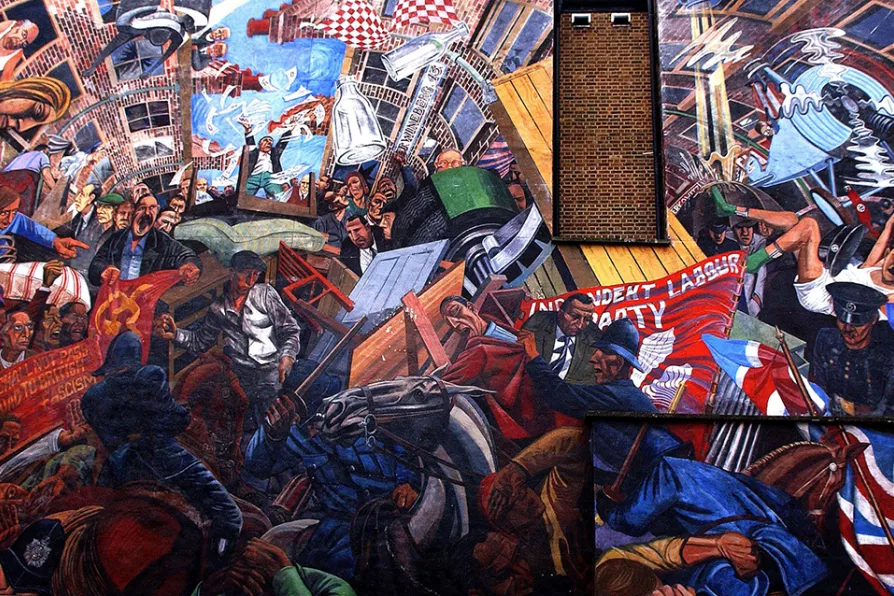Ten days after right-wing destabilisation attempts, Mexico’s leadership has emerged strengthened, securing historic labour and wage agreements, while opposition-backed protests have crumbled under scrutiny, says DAVID RABY

 The Cable Street mural
The Cable Street mural
The routing of Oswald Mosley’s black-shirted thugs and their police escort by 250,000 residents of London’s East End in Autumn 1936 had significance way beyond the local streets or the year.
The Communist Party and YCL’s rallying call (Daily Worker, 3 October 1936) read: “Against Fascism! For Freedom and Democracy! For the victory of the Spanish People! For the raising of the blockade which deprives them of arms! For Peace and Freedom in East London!”

Spanish dictator Francisco Franco died 50 years ago today November 20. JIM JUMP looks back at his blood-soaked rule and toxic legacy on Spain today

Once again Tower Hamlets is being targeted by anti-Islam campaigners, this time a revamped and radicalised version of Ukip — the far-right event is now banned by the police, but we’ll be assembling this Saturday to make sure they stay away, says JAYDEE SEAFORTH

JAMIE TUCKNUTT reports on an initiative that brings together two epochs of the city’s anti-fascist struggles











